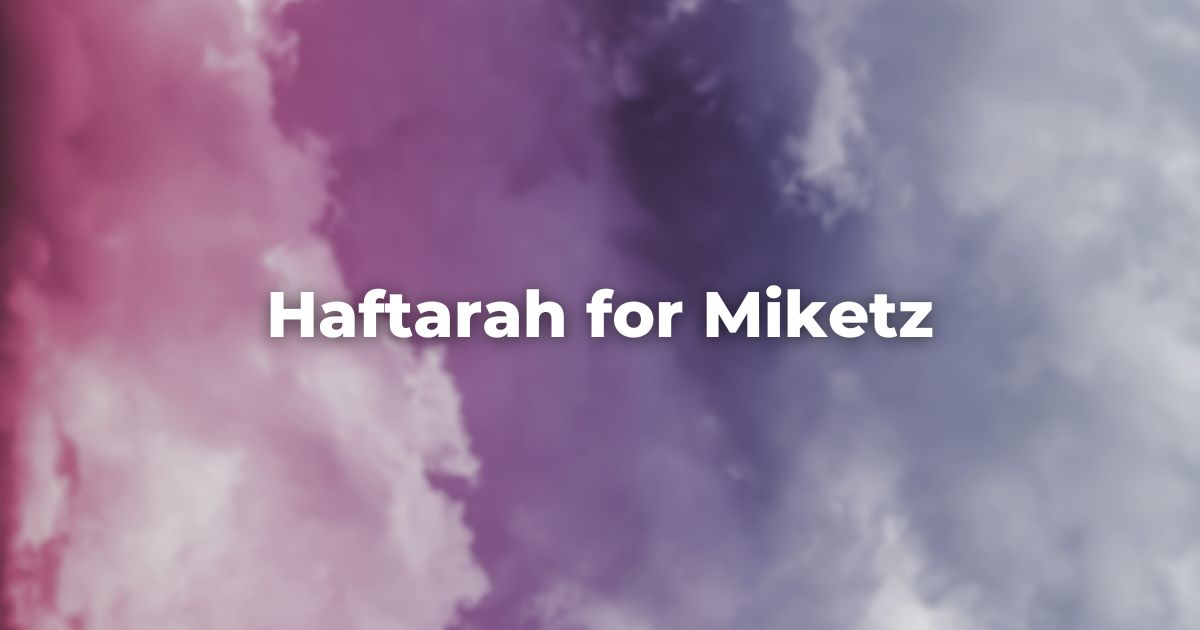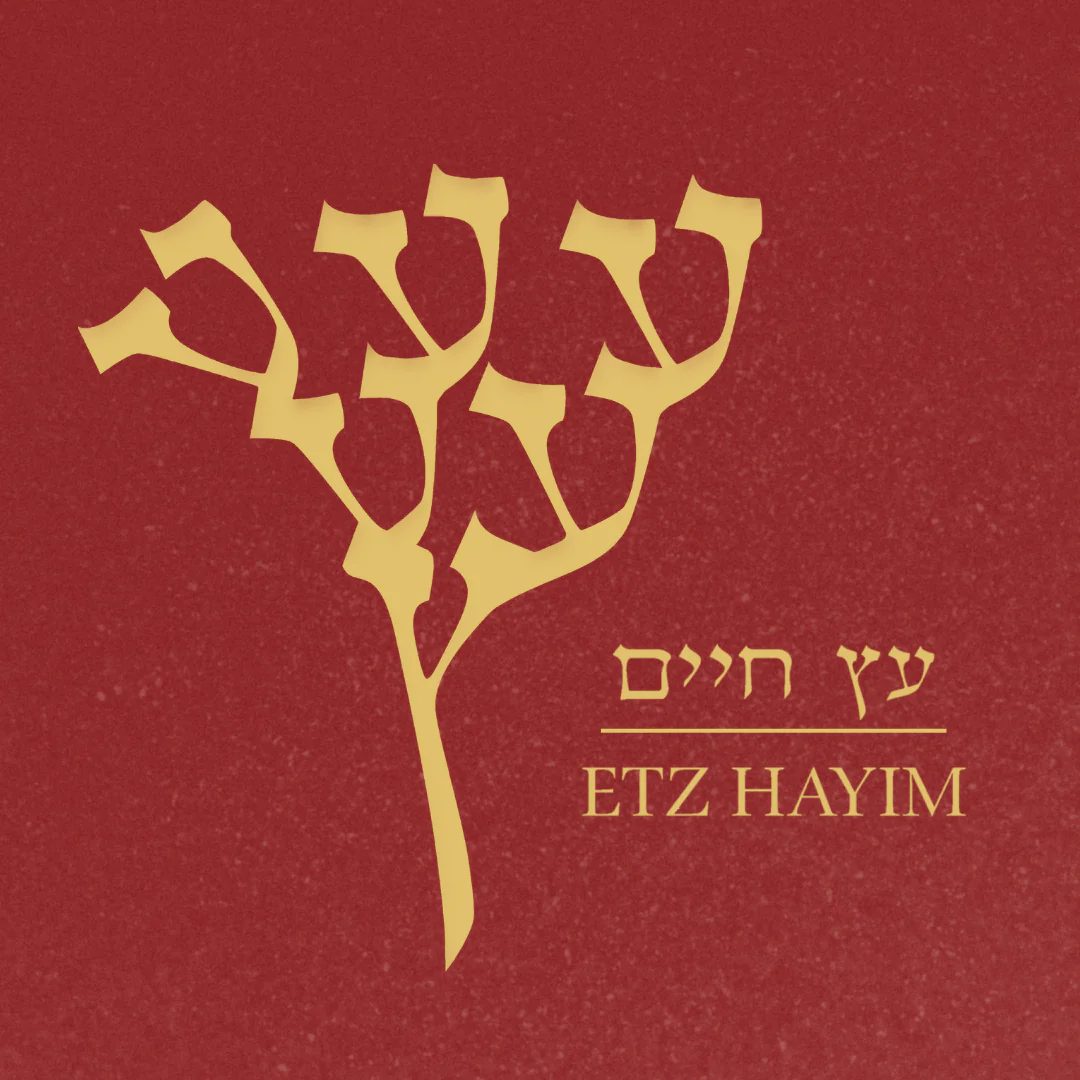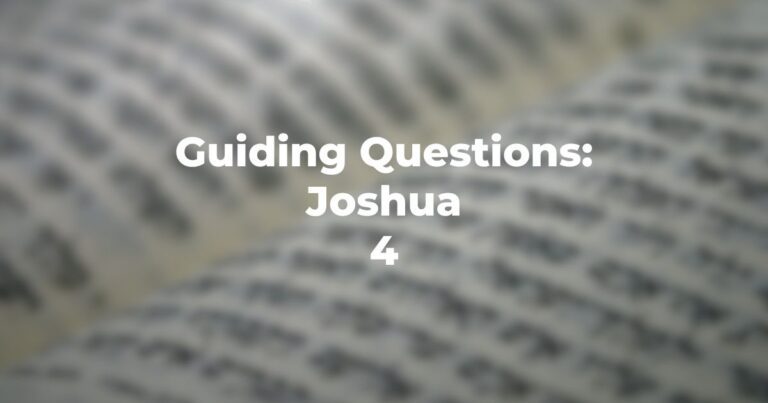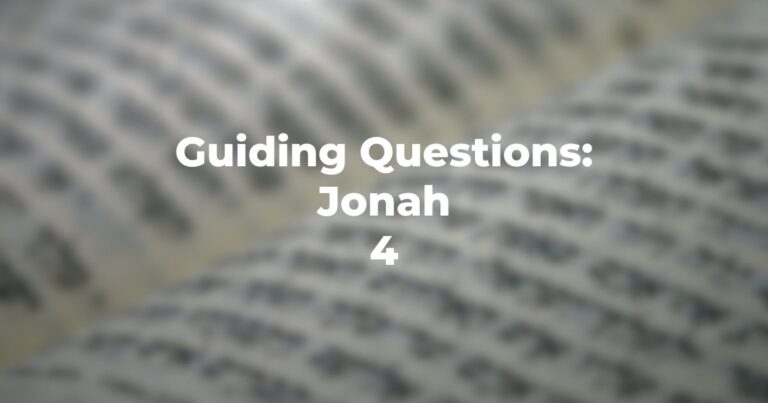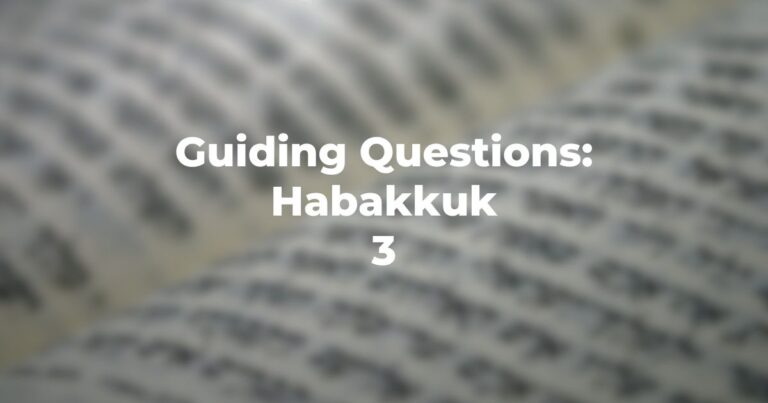1 Kings 3:15-4:1
This haftarah, which takes place c. 965 ʙ.ᴄ.ᴇ. at the start of King Solomon’s reign, begins abruptly. “Then Solomon awoke: it was a dream” (1 Kings 3:15). This concludes the preceding account of his dream at Gibeon, in which the king requests and receives divine wisdom to judge the nation (1 Kings 3:5-14). 1 Kings 3:15 continues with a transition that moves the action to Jerusalem, where the king performs an exemplary act of justice using his divinely inspired wisdom to determine a child’s maternity.
Relation of the Haftarah to the Parashah
Solomon’s waking from a dream was undoubtedly chosen as the prologue here because the Hebrew verb used to open this passage (va-yiykatz) is the same one used to describe Pharaoh’s waking from a dream at the outset of the parashah (Genesis 41:4). The importance of royal dreams for national and individual destiny further connects the two readings.
Each text leads to the public awareness of an individual gifted with divine wisdom. Pharaoh, after his dream, fruitlessly consults his court magicians for an interpretation, only to learn subsequently of “a Hebrew youth” with proven skill in dream interpretation.
Joseph decodes the dream, much to Pharaoh’s approval (Genesis 41:37), and the king exclaims to his courtiers that this is surely “a man in whom is the spirit of God” (ruaḥ elohim, Genesis 41:38). In his direct praise of Joseph he declares, “there is none so discerning (navon) and wise (ḥakham) as you (kamokha)” (Genesis 41:39).
In the haftarah, Solomon received in a dream God’s promise of “a wise (ḥakham) and discerning (navon) mind,” so exceptional that “there has never been anyone like you (kamokha) before,” nor will there ever again be another as wise (1 Kings 3:12).
This aptitude was demonstrated fully in his judgment of the two prostitutes, with the result that “all Israel” recognized that their king “possessed divine wisdom (ḥokhmat elohim) to execute justice” (1 Kings 3:28).
Both Joseph and Solomon were blessed with divine wisdom and discernment, but each applied it to a different realm. Joseph decoded the hidden language of dreams. Solomon determined the truth claims of conflicting testimony.
Author
-

Etz Hayim represents the Conservative / Masorti Movement’s reverence for tradition, profound commitment to scholarship and the unique understanding that both are essential to Jewish life. Published in 2001 in conjunction with the United Synagogue of Conservative Judaism, Etz Hayim is the most celebrated contemporary humashA collection of the Five Books of Moses, Pentateuch, or the Hebrew equivalent. Includes the haftarot readings, and usually contains some commentary. It is often used on Shabbat mornings to help follow the Torah reading. Read more. It features the renowned 1985 JPS translation, as well as an authoritative Hebrew text based on the Masoretic tradition. In the same year it was published, Etz Hayim: TorahRefers to the first five books of the Hebrew Bible, the Tanakh, also called the Five Books of Moses, Pentateuch or the Hebrew equivalent, Humash. This is also called the Written Torah. The term may also refer to teachings that expound on Jewish tradition. Read more & Commentary won a National Jewish Book Award for Non-Fiction.
View all posts

